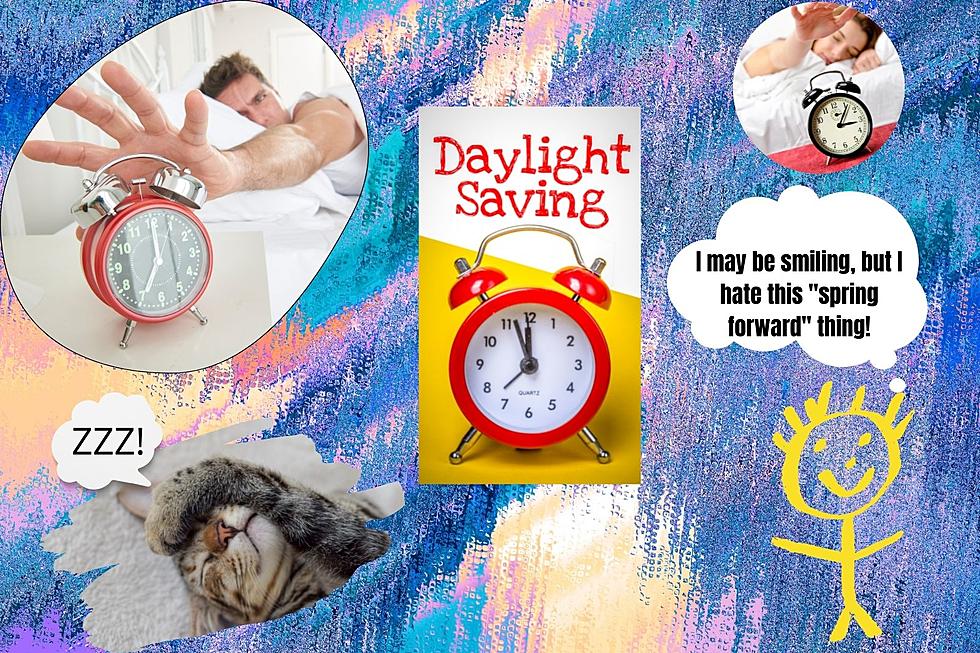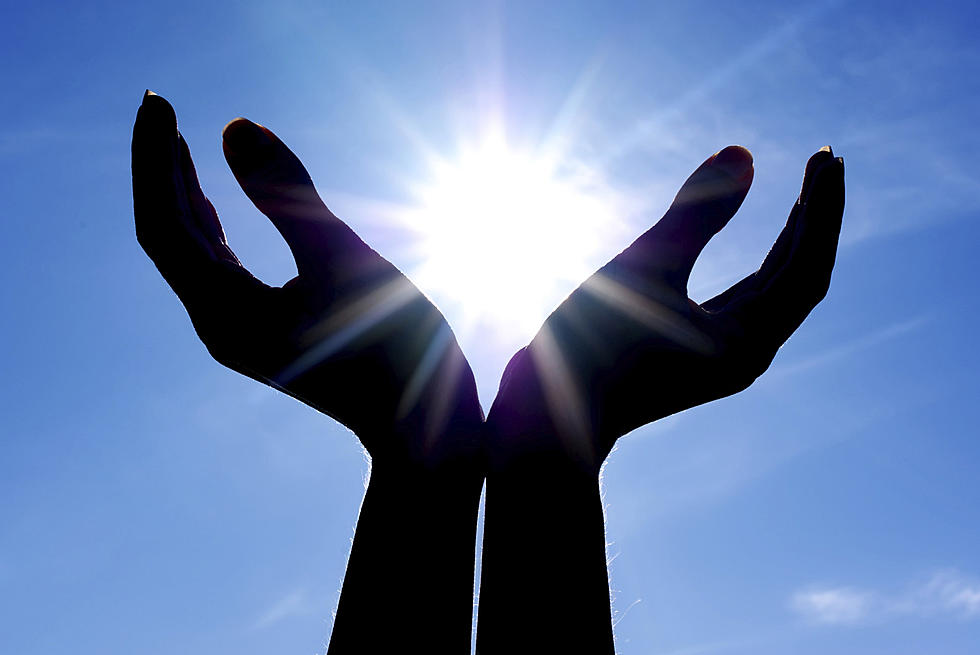
Why Daylight Saving Time Stinks & What to Do About It
It used to be that changing from Central Standard Time to Daylight Saving Time meant nothing to me. I would change my clocks and whatever time it was, was the time it was. I didn't suffer any of the insidious side effects everyone else would ascribe to the seasonal leap forward or backward in time.
And then about five years ago, something changed. The Spring leap forward became a monstrous pain in the backside. I could not seem to catch up on sleep. For days I felt sluggish, grouchy, overwhelmingly tired, and not the least tolerant of any human being who crossed my path, no matter how understanding they may have been!
Why this happened and what caused the seismic shift, I don't know. I only know that I am ecstatic when Daylight Saving Time ends. I get my hour of sleep back and I feel grateful and a bit less crabby. A bit.

The good news is, I'm not alone in my dislike of arbitrary time-shifting. Health.com has rounded up research on the Ways Daylight Saving Time Can Affect Your Health and these are just a few:
- Cluster headaches - which may start a few days after the time change and can continue for 6 to 8 weeks!
- Seasonal depression - if you are prone to SAD (seasonal affective disorder) the change back to Central Standard Time with impending less daylight, can trigger issues.
- Coronary issues - losing sleep can lead to additional stress on your body and in turn, can lead to heart problems. Research has actually indicated that heart attack numbers drop the Monday after the change from Daylight Saving Time to Central Standard Time and rise with the reverse change in the Spring.
- Fatigue & "cyberloafing" rise, because apparently, they go hand-in-hand. Being tired leads to people dinking around on the internet when they're supposed to be working.
Additionally, Today/Health suggests there are things you can do to minimize the effects of the switch to DST:
- Try going to bed 20 minutes early tonight (November 5) and Saturday night (November 6) night, supposedly this will make the clock jump easier on you.
- Avoid exposure to bright light before you go to bed. That means no TV, no smartphone, no computer- - because they emit a lot of "blue light" which can screw up your circadian rhythm (that's your sleep cycle, not bugs that show up every 7 years and sound like buzz saws).
- Eat a banana or some peanut butter before bed, they both have tryptophan, an amino acid associated with healthy sleep.
Sweet Dreams!!
Sources: Health.com and Today Health
KEEP READING: 15 Natural Ways to Improve Your Sleep
BEER BOREDOM BUSTERS
More From KXRB






